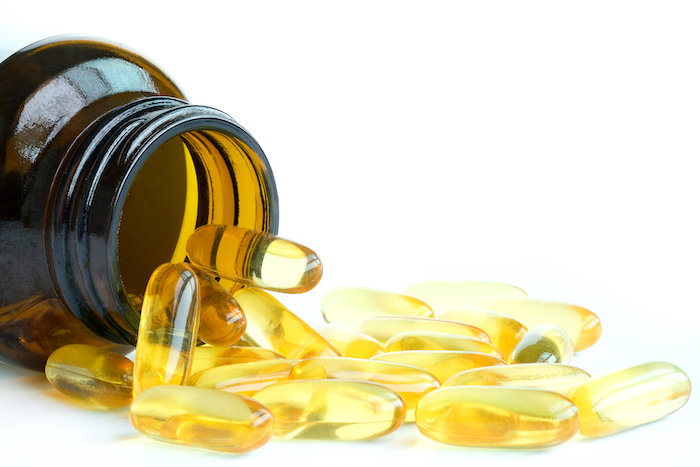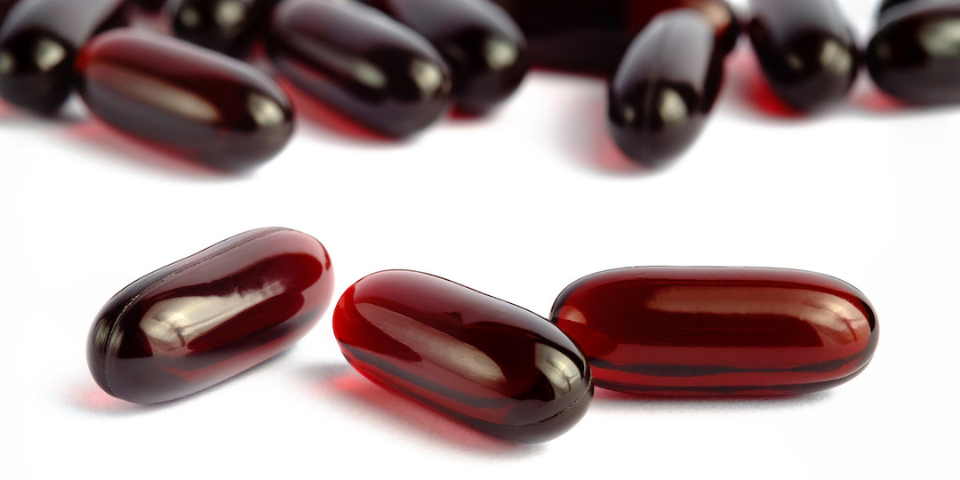In recent years, the focus on healthy oils and good fats has shifted, with the recognition that certain natural compounds in oils and fats, such as omega-3 fatty acids and monounsaturated fats, can offer numerous health benefits. One oil that has garnered attention is krill oil, with claims that it may be superior to traditional fish oil. Let’s delve into what krill oil is and how it compares to fish oil.
Understanding Krill Oil

Krill oil, like fish oil, is derived from krill, a small shrimp-like crustacean. Krill feed on marine plants rich in omega-3 fatty acids, such as algae, making them a natural source of these beneficial compounds.
Registered dietitian Kasey Hutchinson explains, “Omega-3 fatty acids, such as EPA and DHA, are essential for our health. Research suggests that krill oil may contain slightly higher levels of omega-3 fatty acids compared to fish oil.”
Recommended Daily Intake
The National Institutes of Health recommend an adequate daily intake of 1.6 g of omega-3 fatty acids for men and 1.1 g for women.
Krill Oil vs. Fish Oil

Omega-3 Content
Studies have suggested that omega-3 supplementation can support cardiovascular, joint, and skin health. While some research indicates that krill oil may increase omega-3 levels in the blood more effectively than fish oil, other studies have found no significant difference between the two.
The main distinction lies in the structure of EPA and DHA in krill oil, which are present in phospholipids, compared to triglycerides or ethyl esters in fish oil. Some studies suggest that phospholipids may be more efficient in delivering EPA and DHA, but conclusive evidence is lacking.
Antioxidants
Krill oil contains astaxanthin, an antioxidant not commonly found in fish oil. This compound, responsible for the red color of salmon, provides potential health benefits, although direct benefits of krill oil have yet to be proven.
Cost and Sustainability
Krill oil tends to be pricier than fish oil due to its manufacturing process. However, it is considered more environmentally sustainable, making it a preferable choice in today’s era of climate change and overfishing.
Potential Side Effects

- Some individuals may experience fishy burps while taking krill oil, although certain formulations claim to address this issue.
- Gastrointestinal discomfort, such as acid reflux or diarrhea, may occur due to the high-fat content of fish oil.
- Those allergic to shellfish or seafood should exercise caution when consuming krill oil.
Before introducing any new supplement into your routine, consult with your healthcare provider for personalized advice.


